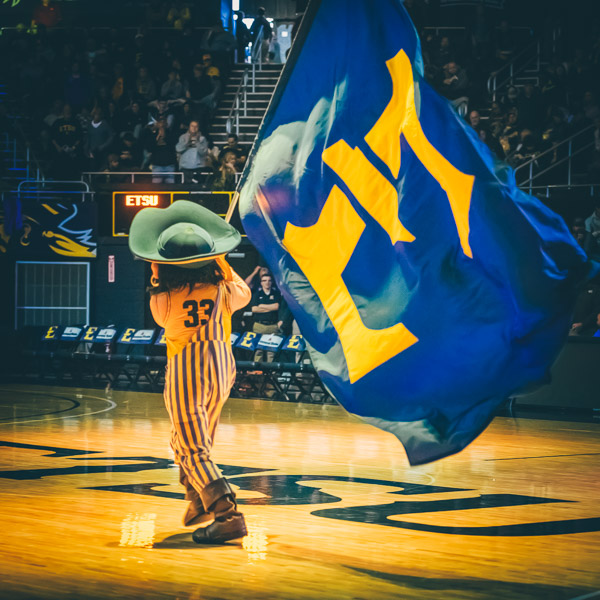Modern Campus Training
Modern Campus is the content management system (CMS) that the ETSU website is built upon.
All website editors must watch the recorded trainings below in order to effectively manage their department's website.
We encourage you to bookmark this page. The navigation links at the left serve as a great resource when you need a refresher on how to do something in Modern Campus. Contact the UMC web team if you have any questions!
Recorded Trainings
Basic Modern Campus Training
1.5 Hours
This introductory workshop teaches you the basics of how to navigate Modern Campus CMS.
Learn how to edit a webpage using the toolbar, upload pictures and documents, and implement best practices for accessibility.
Advanced Modern Campus Training
1.5 Hours
The Advanced training course covers standardized picture sizes, using images, components, snippets, styles, and video.
You'll also learn best practices in optimizing web content and making it accessible to users.
Glossary of Common Web Terms
-
Content management system (CMS)
The software used to create, manage, and publish digital content -
Modern Campus
ETSU's current CMS software. It was formerly known as Omni CMS, so that name may be referenced in certain places. -
Domain name
A domain name is a unique identifier that acts as a website's address on the internet (like etsu.edu). It's similar to a physical address for a building, allowing users to find a specific website by typing its domain name into a web browser. -
Redirect
A way to send web visitors from one web address to another without the user having to do anything. -
404 error
A 404 error, or "Not Found" error, indicates that the specific webpage or resource you're trying to access on a website doesn't exist. This can happen due to various reasons, such as the page being deleted, moved, or having a typo in the URL. -
Search engine optimization (SEO)
How Google ranks a website/page on its search engine results page compared to other similar sites -
Staging server
What you see when working in Modern Campus. This includes all pages and files, assets, snippets, and other kinds of content, as well as users and other administration options. -
Production server
The live version of a website. It's where all the published content is hosted and accessible to the public. -
Web editor
An ETSU faculty/staff member who has access to edit a certain website under etsu.edu (e.g. etsu.edu/admissions or etsu.edu/cas) -
Asset
Pieces of content, like images, documents, or videos, that can be managed in one central location and inserted into multiple pages. Any changes made to the original asset will automatically update across all pages where it's used. -
Snippet
Pre-written blocks of code or content that can be inserted into pages. Unlike assets, changes to the original snippet won't affect existing pages. They are useful for reusable content that might vary slightly from page to page. -
Component
Structured content blocks that can be placed on pages. They often have fields that content editors can fill in to generate dynamic content. Think of them as customizable templates for creating different types of content.
The ETSU Brand
Our brand guidelines ensure the university has a unified look and feel when telling the ETSU story.
We invite you to become a brand ambassador and help us comunicate how ETSU makes an
impact in our region and beyond.

 Stout Drive Road Closure
Stout Drive Road Closure